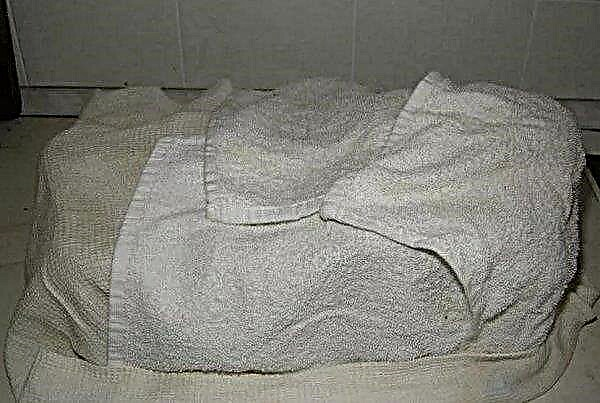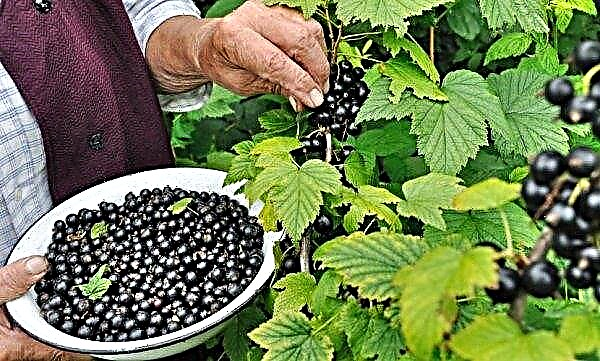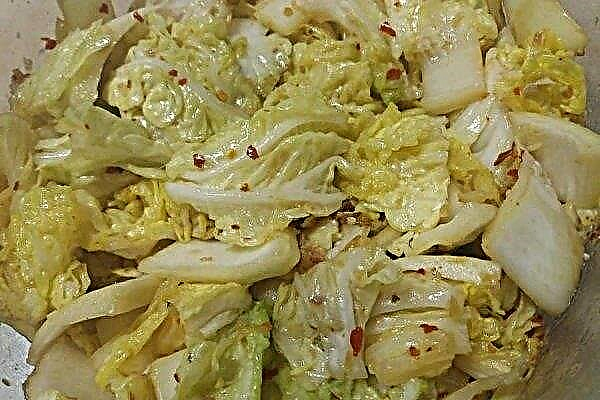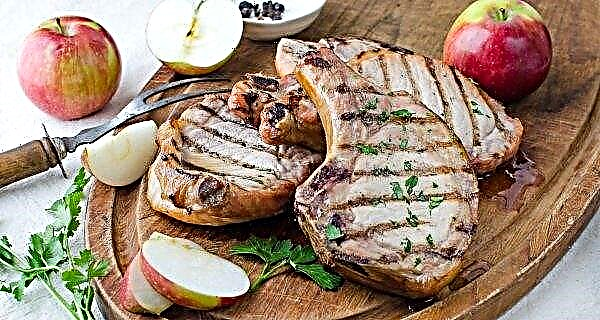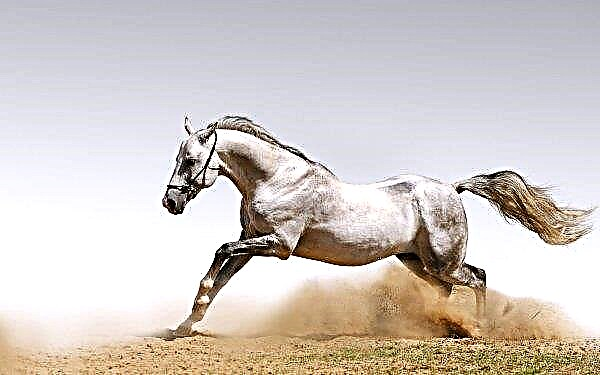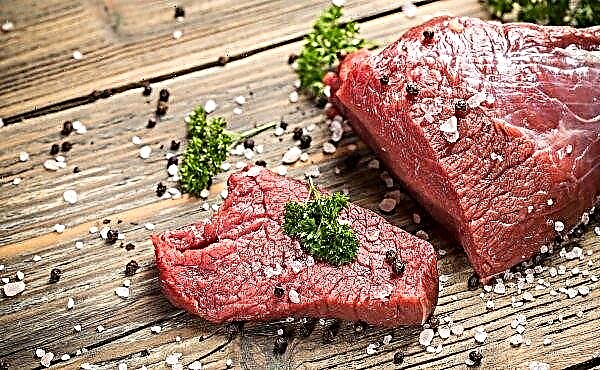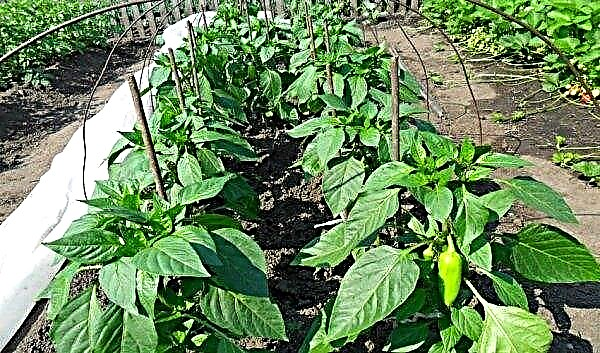The most severe restrictions and the most significant in the church calendar is Lent. In 2020, the post will last from March 2 to April 18.

In general, the diet during this period looks something like this:
- on Mondays, Wednesdays and Fridays it is allowed to eat bread, fruits, vegetables, greens, dried fruits, nuts, honey, decoctions of berries and herbs (dry eating);
- on Tuesdays and Thursdays you can eat cereals, legumes, heat-treated vegetables, mushrooms, warm food without vegetable oil;
- on weekends, add vegetable oil to the diet and a little wine is allowed;
- on church holidays: Annunciation, April 7 - fish, vegetable oil, wine; Lazarev Saturday, April 11 - caviar, vegetable oil, wine; Palm Sunday, April 12 - fish, wine, vegetable oil.
Missionaries and colonialists in South America as early as the 16th century discovered a beast that spent half its life in water. This is a capybara. They asked the Pope to declare capybara a fish so that her meat could be consumed during fasting periods. Dad allowed.
For this period, the Church Statute prescribes a complete rejection of food of animal origin (dairy products, eggs, meat), as well as fish and seafood (the exception is only a few days - on twelve holidays).
The most stringent are the first and last weeks of Lent.
On Monday of the first week and Friday of the last week, it is generally recommended to refuse to eat any food. Some believers on Saturday before Easter do not even eat. It should also be noted that strict observance of the nutrition rules in Great Lent is necessary only for monks, clergy and novices.
All other people need such strict restrictions; it’s enough to stick only to the lean menu, bringing it in line with their life circumstances and state of health.
Often, lay people do not practice dry eating or completely abandoning vegetable oils; many times a week they use fish and seafood to maintain strength.
The earliest mention of Lent, lasting 40 days, is dated 240. Mandatory compliance with it was documented at the end of the 4th century by the 69th Apostolic Rule. During this period, the tradition of Lent was already universally accepted by the church, but the rules and duration varied for a long time depending on the climate and natural features of the regions on which it was adhered.
During the Lent period, one should refrain not only from the use of many products, but also from fun and joy, and devote more time to spiritual development, humility, good deeds and prayer.
And most importantly, you need to know about Lent, that its goal is not to lose weight or restrict food, the most important thing is to change the spiritual life of each person by restraining his body and soul.


